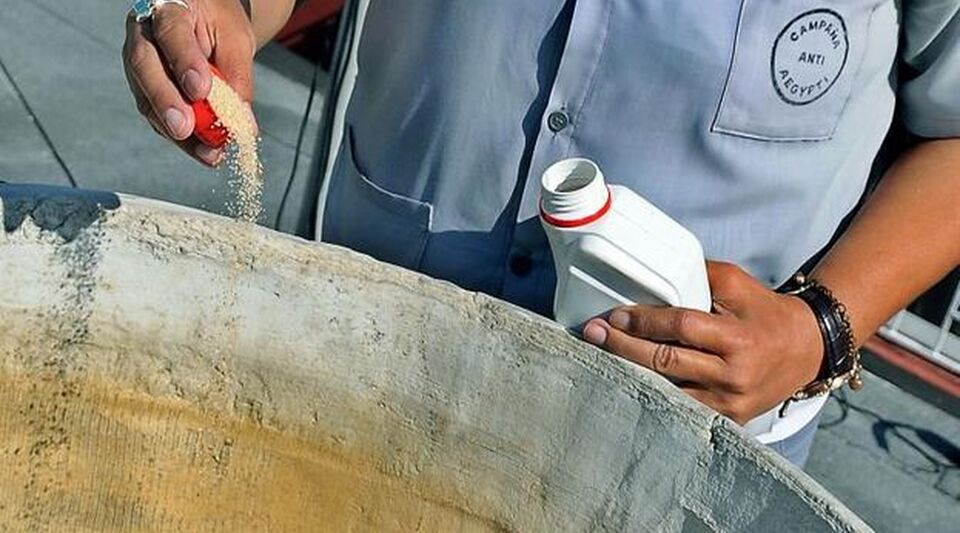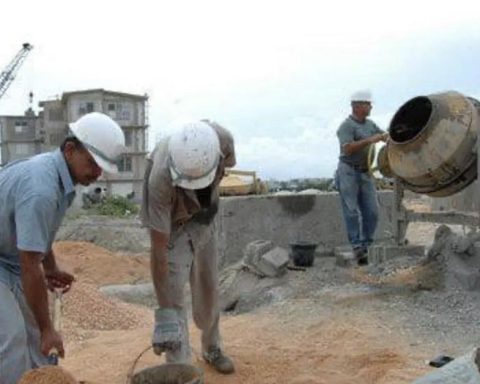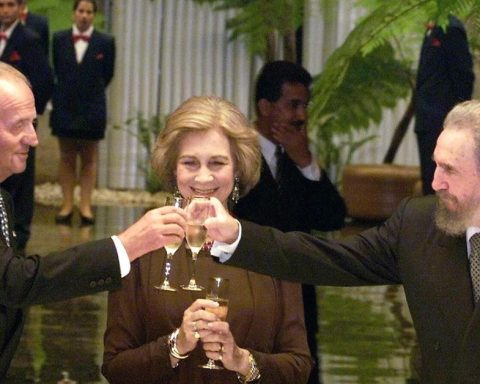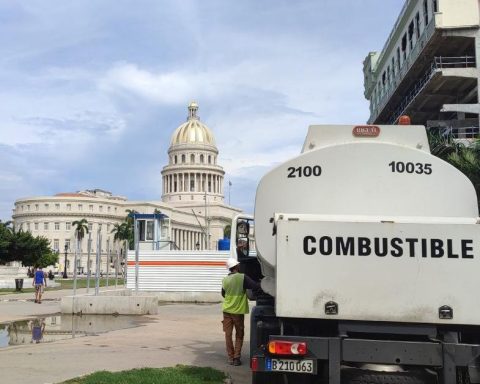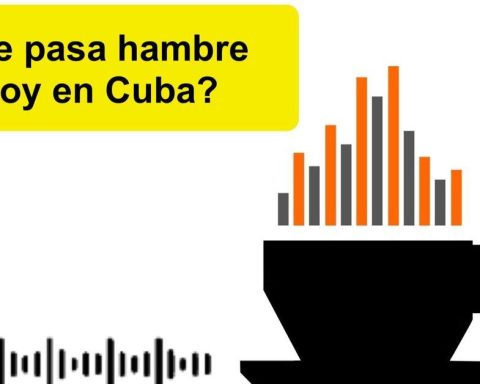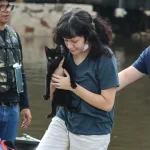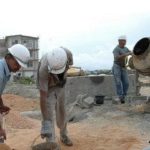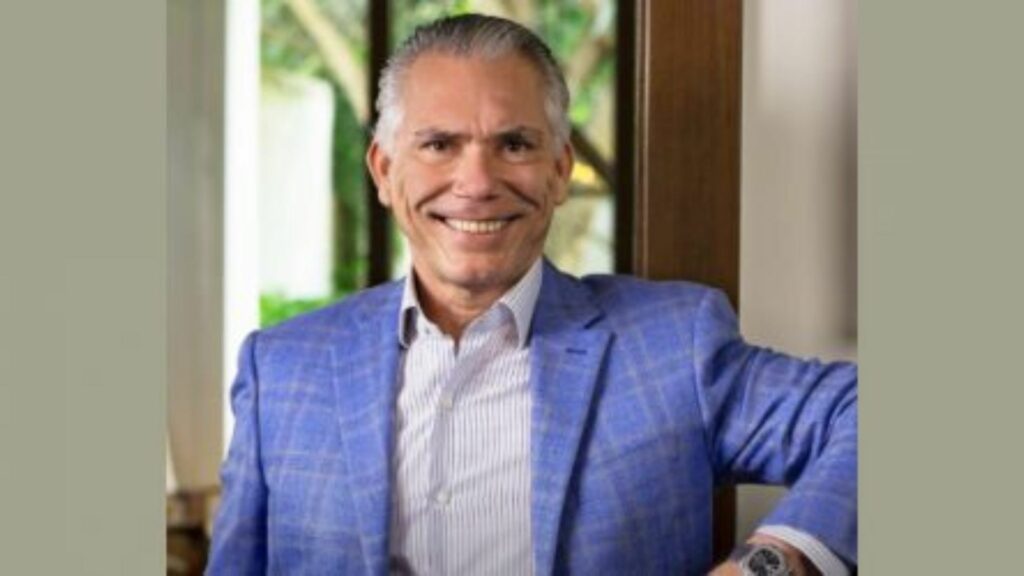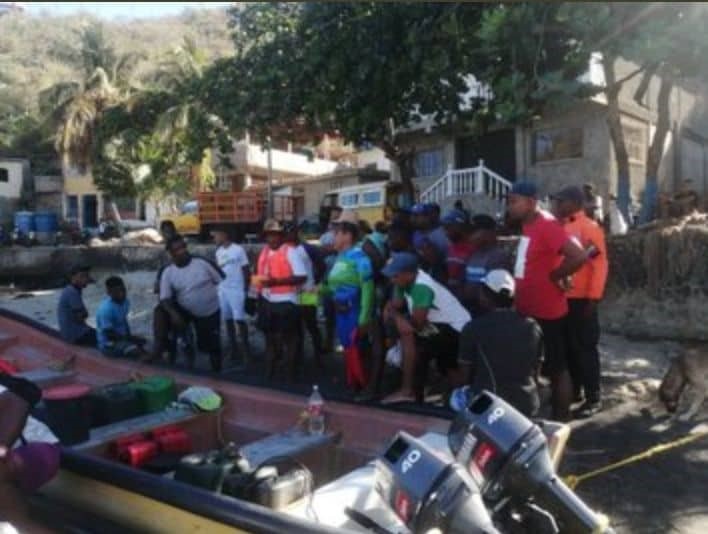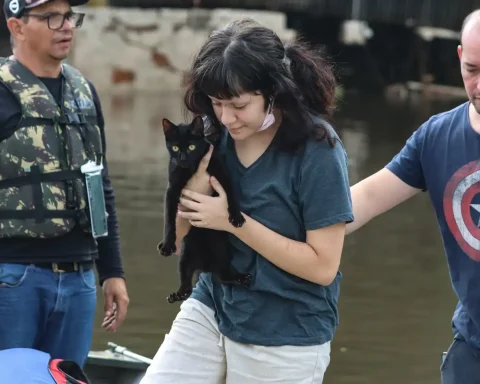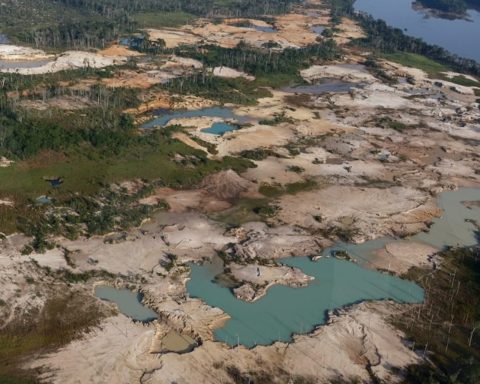The dengue situation in Guantánamo is “in the prelude to the epidemic phase”, warned the authorities to the local press. With a 30% increase in the sources of contagion, the alarms have already gone off at the Provincial Center for Hygiene, Epidemiology and Microbiology, whose director, Leonel Heredia, blames the uptick on the rainy season and foresees an even gloomier outlook when it arrives. September.
Guantánamo now registers, in 548 homes, 705 outbreaks of the mosquito Aedes eegypti, the transmitting agent of dengue, zika, chikungunya and yellow fever. The most affected municipalities so far are Manuel Tames, Guantánamo and Caimanera, while Maisí and Yateras show the lowest infection rates, according to Heredia. The situation is analogous to that of Santiago de Cubawhere the authorities already describe the development of the disease as “worrying”.
Tanks in homes continue to be the “favorite” place for the proliferation of the vector, Heredia explained, for which his office developed an “intensive” plan to control the reproduction of the mosquito, although he considered that families have to do their part with cleaning stagnant water.
As soon as the rainy season began, Santiago de Cuba issued an alarm due to the increase in medical attention for febrile syndrome and reactive cases. the provincial newspaper Sierra Maestra He warned that the territory had “great possibilities” of moving towards epidemiological events of not controlling the arbovirosis.
“It is to be expected that in the coming weeks suspected cases of dengue will continue to appear,” the newspaper warned in a note, in which it also acknowledged that the control of the disease “slows down” due to the island’s economic difficulties, which limit ” the magnitude and scope of the anti-vector actions and of others aimed at eliminating favorable environmental conditions for the insect”.
The most affected municipalities so far are Manuel Tames, Guantánamo and Caimanera, while Maisí and Yateras show the lowest infection rates
Last February, BioCubaFarma announced that for this year it hopes to have the first dengue vaccine candidate, after nearly a decade of research. Cuba began the studies in 2013, but Eduardo Martínez Díaz, president of the state pharmaceutical group, justifies the delay, alleging that “it is a complex process” because dengue has four serotypes and each one must be immunized at the same time so that the drug is effective.
The Government uses advertising that its will be the first vaccine against the disease, but in reality in 2015 the World Health Organization (WHO) approved a drug with the trade name of Dengvaxia, manufactured by the French Sanofi Pasteur. This serum has been validated in 20 countries, but it is not available on the Island.
The Guantánamo health authorities also warned of a rebound in covid-19 infections, with 10 confirmed cases in the last two weeks in the municipalities of Guantánamo, El Salvador and Manuel Tames. Although they ruled out that they are serious patients or at risk of death, the epidemiologist insisted on using the mask in mandatory places and continuing the vaccination scheme.
________________________
Collaborate with our work:
The team of 14ymedio He is committed to doing serious journalism that reflects the reality of deep Cuba. Thank you for accompanying us on this long road. We invite you to continue supporting us, but this time becoming a member of our newspaper. Together we can continue transforming journalism in Cuba.
